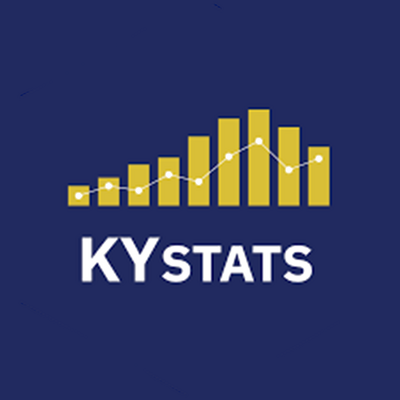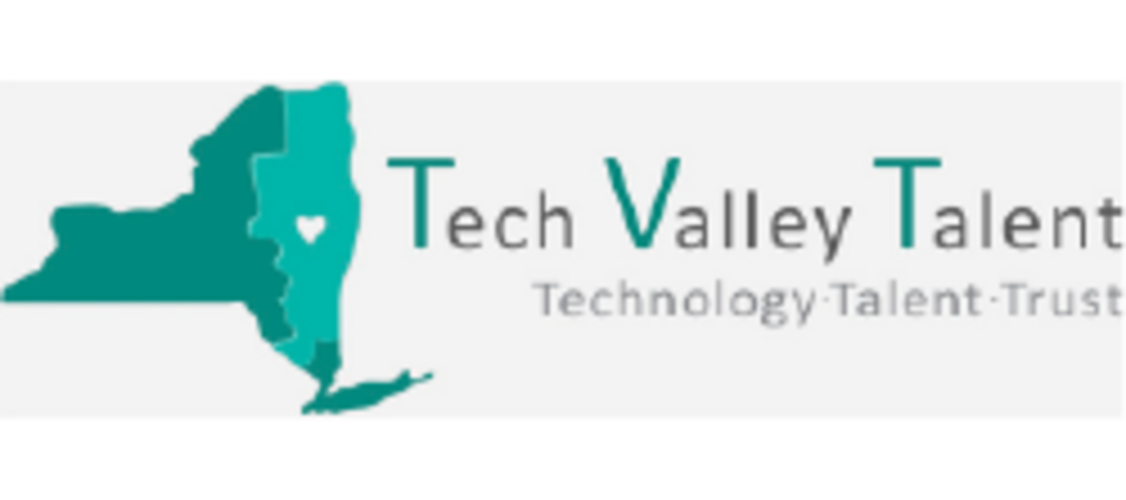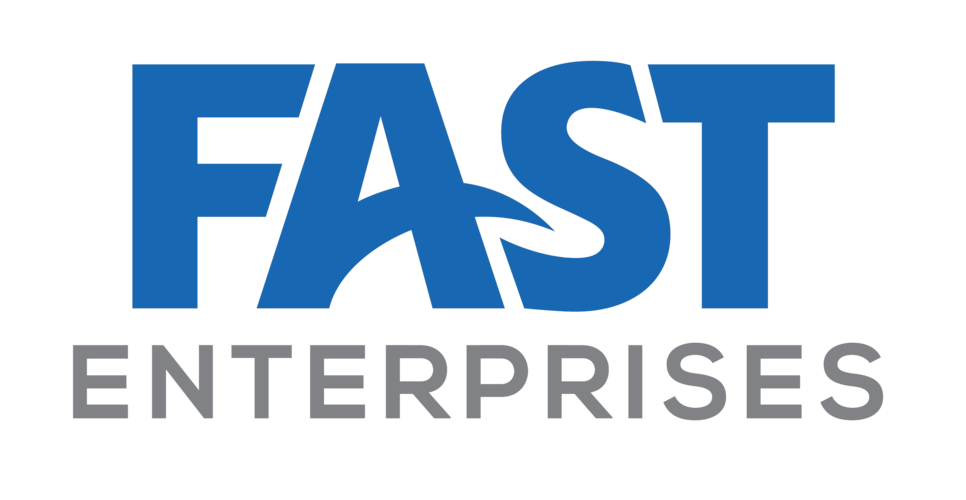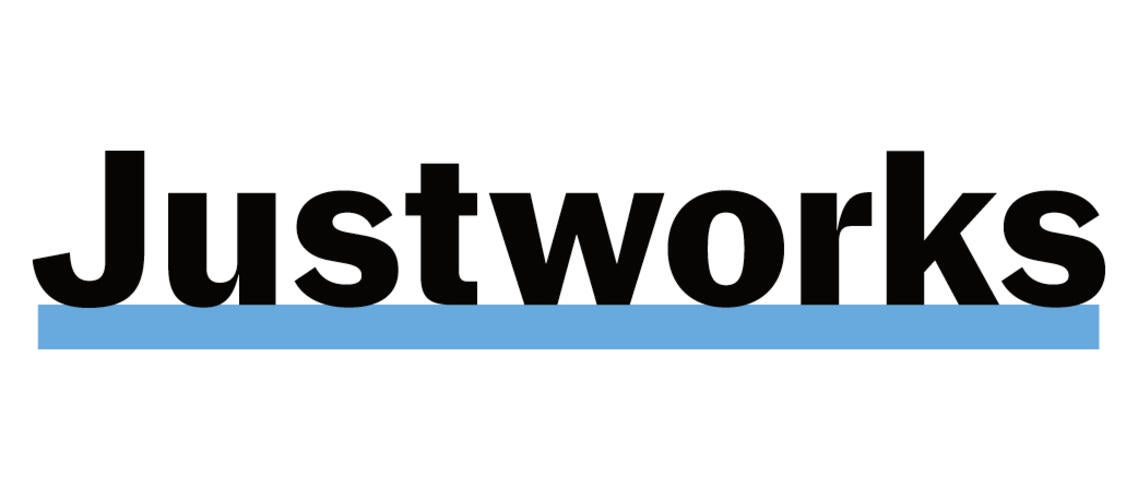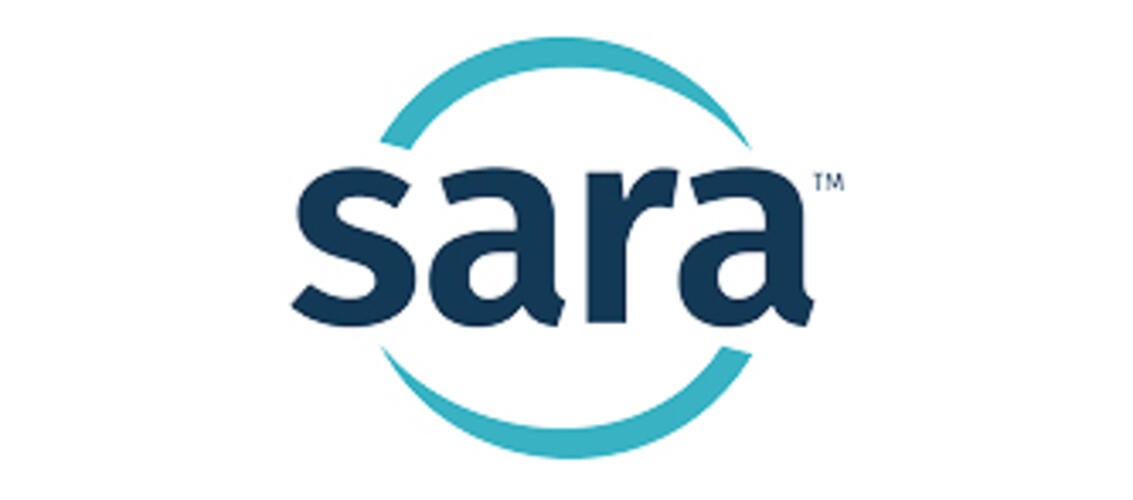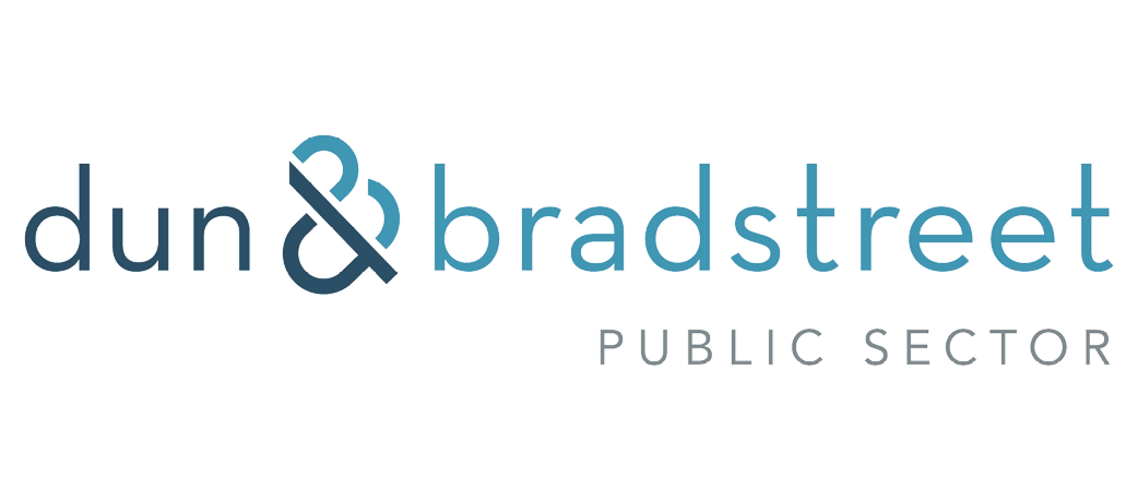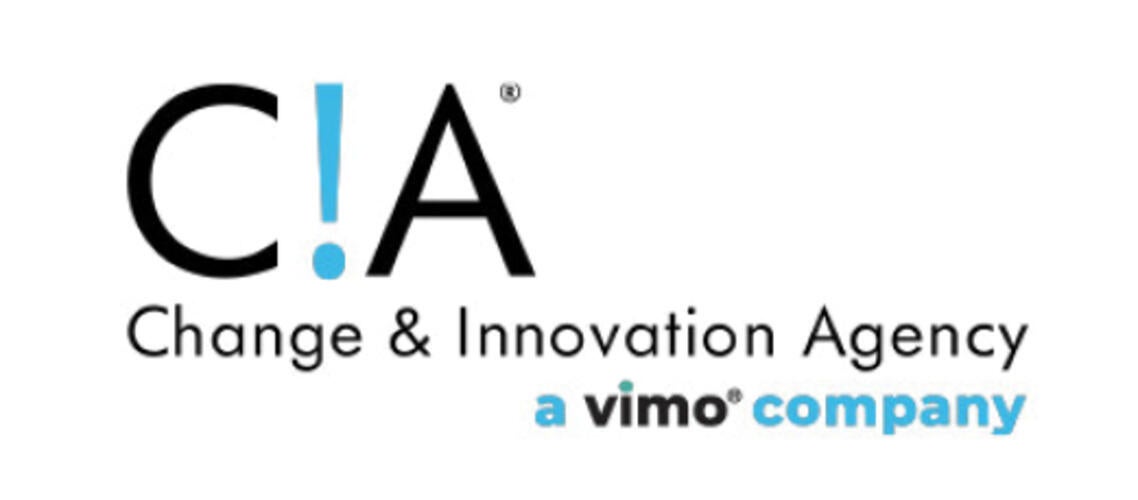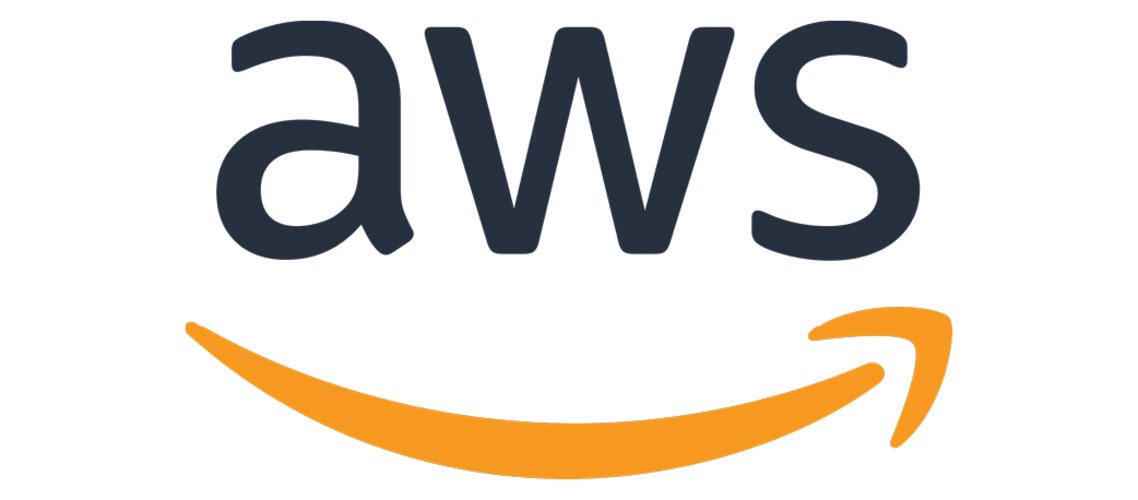From Projects to Products to Impact

Through “innovation sandboxes,” the MSDC helps states advance and accelerate data product development and innovation. Value is created as networks of government staff from various programs and functions ideate together and discover opportunities to access training, peer support, technical assistance, or use microdata and a secure data facility.
EXAMPLES OF IMPACTFUL DATA PRODUCTS
Highlighted below are two examples of exploratory collaborative projects that have grown into collaborative data products that are informing practice among state, local, and regional leaders. The two products are the Multi-State Post-Secondary Report and the Unemployment to Reemployment Portal.
Plans are underway to add data from Tennessee to the Post-Secondary Outcomes Dashboard. The states of New Jersey, Rhode Island, and Virginia recently received a Democratizing our Data Challenge grant through the Coleridge Initiative to bring their state's data to the Multi-Sate Post-Secondary Dashboard.
The intent of the initial rollout of the Unemployment to Reemployment Portal was to provide executive decision-makers with actionable information on local labor market conditions that were extremely fluid with the onset of the COVID-19 pandemic. Originally developed by the state of Illinois, Indiana, then, used the portal’s capability to facilitate training interventions on skill transfer between unemployed workers and high demand/supply gaps in local labor markets. More recently, Wisconsin and Arkansas are also developing dashboards.
The Unemployment to Reemployment Portal has been replicated by the states of Indiana, Missouri, and Tennessee. The states of Texas and Ohio created UI data tools inspired by the Illinois tool. Planned expansions include the states of Wisconsin and Arkansas. Illinois has incorporated unemployment spell behavior into the portal and is planning enhancements to include Workforce Innovation and Opportunity Act (WIOA) Title I and Title III program participants and timely measures of reemployment activity. In 2021, USDOL/ETA partnered with Coleridge Initiative and Illinois to conduct a three month national training with 120 participants representing 30 states to support replication and product scaling.
INNOVATION SANDBOXES THAT SUPPORT PROJECTS AND PRODUCTS

The Midwest Collaborative’s RFI Process to Engage External Research Partners
In February 2024, the Midwest Collaborative (MWC) approved four new projects as MWC projects. These are:
- A Prototype System for Measuring the Effects of National Science Foundation Investments on Firms and Jobs;
- Increasing College Completion in High-Value Career and Technical Fields by Unpacking the Relationships between Workforce Participation and Enrollment in Community College Re/Upskilling Course Sequences;
- Early Childhood Workforce Analysis and Modeling; and
- Unemployment Insurance Benefit Access and Experience.
The projects stem from a pilot “Request for Information” process run by the MWC that was designed to enable data partnerships with external policy researchers (e.g., post-secondary institutions and non-profit organizations). RFI proposals needed to demonstrate they would lead to innovative data projects and products aligned with priority MWC focus areas (see Multi-State Data Collaborative tab).
The Multi-State Data Collaborative anticipates running a regular RFI process to engage data partners, building off the lessons learned from the MWC pilot.

Democratizing our Data Challenge Projects
State leaders have responded enthusiastically to two rounds of the Coleridge Initiative’s Democratizing our Data Challenge (DDC) awards opportunity. Funded by philanthropic organizations, the DDC was designed to develop and scale innovative product ideas for understanding public policy and programs by using government administrative data that are securely hosted in the Coleridge Initiative’s Administrative Data Research Facility (ADRF). Successful proposals seek to develop, build upon, or scale innovative products, including new data linkages, data dashboards, data portals, APIs, data models, or code repositories. The awards connect states and agencies to share knowledge, models, and products.
- Round 1 states: Arkansas, Illinois, Indiana, Kentucky, New Jersey, Ohio, Rhode Island, Tennessee, Virginia, and Wisconsin
- Round 2 states: Indiana, New Jersey, New York, Ohio, and Rhode Island.
- Round 3: Letters of Intent by states have been submitted.

Applied Data Analytics Training Programs
The Coleridge Initiative’s Applied Data Analytics (ADA) training programs build capacity by enhancing data literacy and technical skills through rigorous and modern methods of analysis. To improve evidence-based decision-making skills, participants are trained in developing, interpreting, and communicating value-based outcomes. The ADA training offers a unique opportunity, particularly for government agency staff, as courses are developed through the direct use of restricted-use microdata to answer real, present policy questions they face and introduce practical, open-source tools that can be used after training ends.

Evaluating Enrollment to Employment Pathways Training Investment
The U.S. Department of Labor’s Employment and Training Administration funded NASWA to support two Applied Data Analytics training classes in 2023 and 2024. The classes focused on the cross-section of WIOA, Supplemental Nutrition Assistance Program (SNAP), and Temporary Assistance for Needy Families (TANF) programs and services linked to employment and wage outcomes. The Coleridge Initiative delivered the classes in partnership with the state of Arkansas. Class final presentations have yielded several promising data projects that could be further developed and scaled. For more information, email datacollabs@naswa.org.
State agency leaders across the country are driving the emergence and sustainability of the MSDC. This work is being supported by NASWA, the State Higher Education Executive Officers Association (SHEEO), the American Public Human Services Association (APHSA), the Coleridge Initiative and other partners and funders. This webpage is a joint partner effort, led by state agency leaders, to provide public information about the MSDC, including their activities and products.
